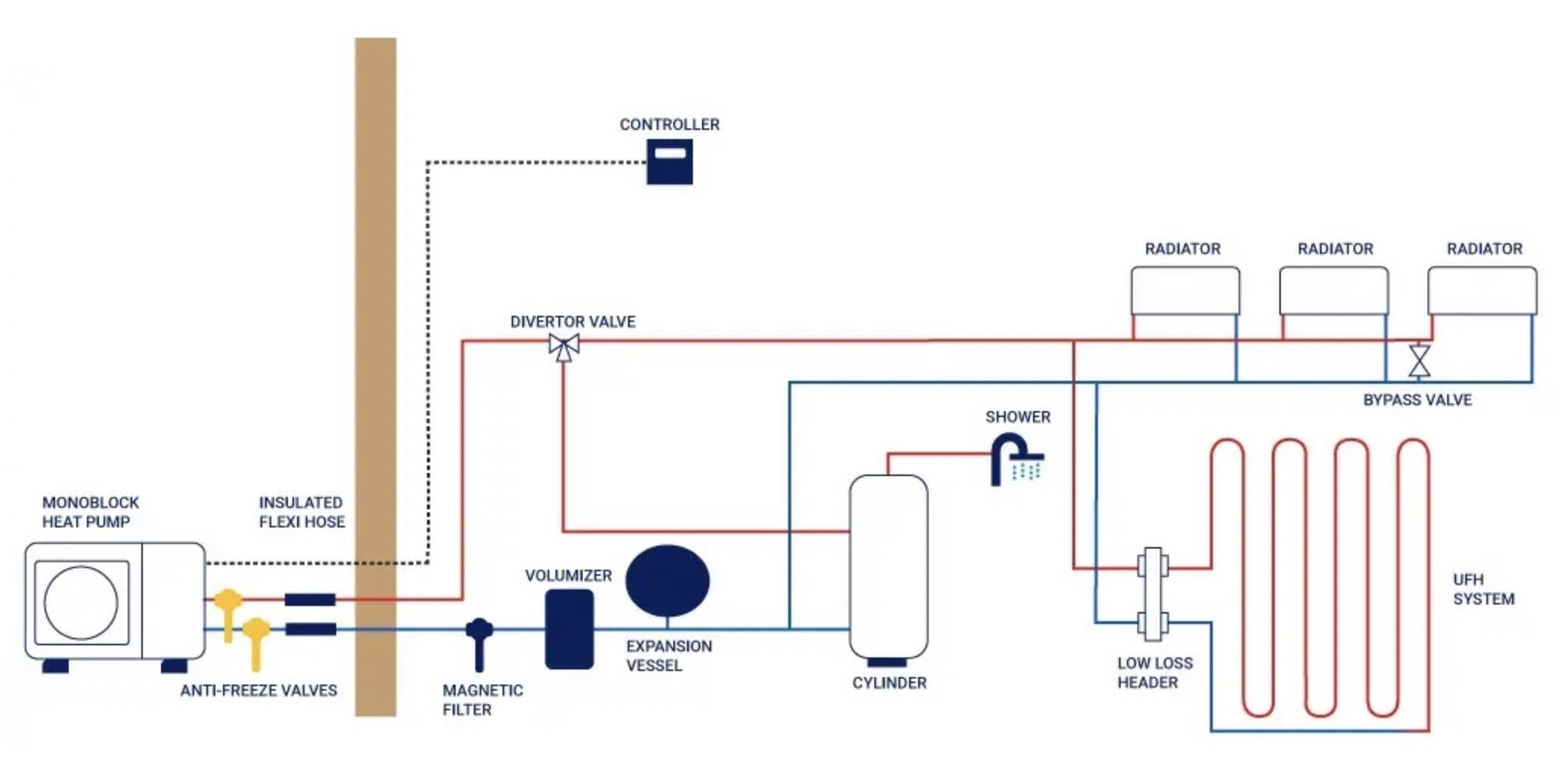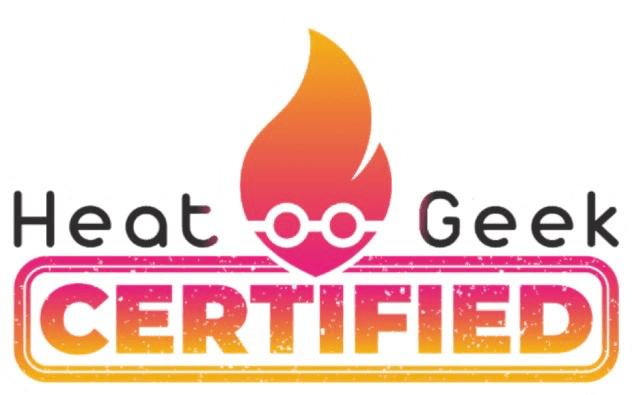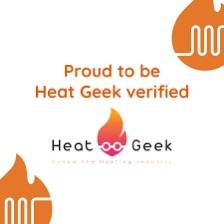What is an Air Source Heat Pump?
An air source heat pump, also known as an air-to-water heat pump, transfers heat from the outside air into your home, providing warmth through radiators or underfloor heating. It can also heat water stored in a cylinder for use in taps, showers, and baths.
The process involves absorbing heat from the air into a fluid, which then passes through a heat exchanger within the heat pump. The pump increases the temperature and transfers this heat to water for heating your home.
While the system runs on electricity, it delivers significantly more heat than the energy it consumes. Since the heat pump draws heat from the surrounding environment rather than burning fuel, it produces no direct carbon emissions.
Advantages of Air Source Heat Pumps
As the popularity of air source heat pumps rises, more homeowners are exploring low-carbon heating alternatives. Unlike conventional gas or oil boilers, heat pump systems work in a completely different way. To help homeowners better grasp the pros and cons of this renewable technology, we’ve broken down the key points here.
Air source heat pumps efficiently extract heat energy from the air and convert it for use in your central heating system. These systems rely on electricity rather than fossil fuels, making them a renewable energy option. However, because they operate differently from traditional heating systems, living with a heat pump comes with a unique experience compared to gas or oil systems. There are several advantages to owning a heat pump, but it’s crucial to understand how they differ. Let’s dive into the pros and cons of air source heat pumps.
How Does an Air Source Heat Pump Work?
Air source heat pumps extract heat from the air, even in cold weather, and transfer it into your home. This works by compressing a refrigerant gas, which increases its pressure and temperature. The heat is then transferred to your home through a heat exchanger.
After releasing its heat, the refrigerant cools and expands, lowering its temperature so it can absorb more heat from the outside air. This cycle repeats, providing a consistent source of warmth for your home, typically through radiators or underfloor heating.
Basic Heat Pump Installation

We Are
Heat Geek Certified
The Heat Geek Certification is a demanding program that requires completing specialized courses like Heat Geek Awakening and Heat Geek Mastery, proving in-depth knowledge of heating systems and high-efficiency installations.
As a certified company, we’ve demonstrated our expertise in delivering top-quality heating services, ensuring we meet the highest industry standards.
This certification not only sets us apart but also builds trust with our customers by guaranteeing they receive the best service available.



Providing sustainable energy solutions to your home or business
32 wickham road
Grays
Essex
RM16 4TU
